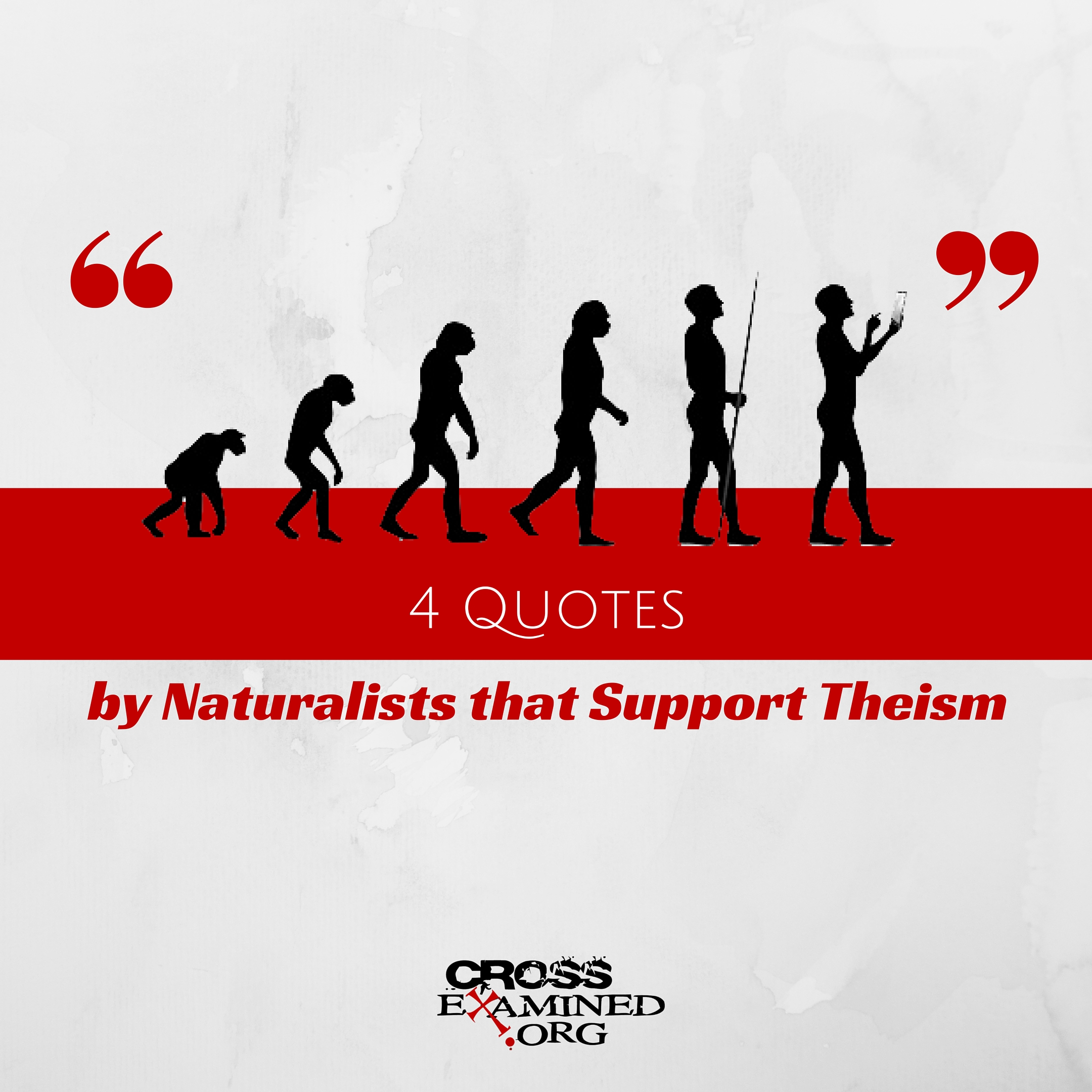By Billy Dyer
One reason I believe in Christianity is because it speaks of reality closer than any other worldview. This isn’t the only or even the main reason, but it is one of the reasons. Even if Christianity is not true (I do not doubt Christianity) I am convinced that atheism is wholly false. That is because atheism contradicts the real world at every turn. I try to point this out to skeptics all the time, and I’ve learned a lot about how to deal with people. Here are four observations I’ve made about our culture.
- Understand our culture is hypocritically skeptical about history
Have you ever noticed that modern man is very skeptical about what happened in history? Of course, he isn’t skeptical at all about the information we have in the Present. As if the present is some sort of infallible guide to truth. To our culture, it seems as if the present contains the whole field of vision for truth. That is, if we believe it today then it must be true. Furthermore, they have the snobbery of believing that ancient man has nothing to teach us. But what I find most interesting is that this skepticism about history only goes back so far. Once you get back to the pre-historic days then somehow history becomes a matter of science, and we all know science is infallible. Therefore, the study of dinosaurs is reliable, but the study of the early church are ransacked with an error.
- Realize they have a strong distrust of ancient text
Modern man just cannot stomach the concept that the Bible has been copied. If it has been copied then assuredly it has to have been corrupted many times over. Admittedly this is a difficult topic to address not due to the evidence being in their favor but because of time. That is, we simply do not have the time, during those moments of objection, to sit down and teach them about textual criticism. At the same time, though, we can use their faith in science to our aide. They do call textual criticism a science. Therefore, we can ask the skeptic, “why should you doubt the science of textual criticism if their data findings conclude that the Biblical text has been preserved?”.
- Any sense of sin is virtually lacking
The Apostles went into the world of pagans to preach the Gospel. It was full of mystical religions which worshipped the dead, conjured up spirits, had ancestor worship, idol worship, gross immorality, etc… But at least they had a concept of moral obligations. That is why the Gospel was called “good news.” For the pagans finally understood they could be truly forgiven for what they knew they had done wrong. I know it may seem weird to think about, but please think about it for a minute. A person can be highly immoral in the Christian sense yet still have an understanding of a moral code. I’ve noticed this in my study on gangs. They are very wicked people. In fact, if women want to enter the gang, they have to allow themselves to be raped by all the members as an initiation rite. Men sometimes have to kill an innocent person or allow themselves to be brutally beaten to show their loyalty. As wicked as this may be they still have a moral code. There are a set of rules that they still abide by. In our day and age, America is forsaking the concept that morals even exist. As apologists, we don’t even have grounds to start on to talk about sin. We have to convince the world that sin, in any sense of the term, even exists first. They do not want to know if they can be acquitted for sin but whether God can be acquitted for creating such a world as this.
- We must learn the language of our audience
Not too many Bible students have had the opportunity to study this out, so I am just going to mention it here. But the New Testament authors actually took words from the contemporary culture and redefined them to fit what they were teaching. I think this is brilliant because it builds a bridge of understanding. That is, we can take a concept that they do understand simply help show them the fuller truth of the nugget they seem to already agree with. This is why I try to stay away from using Christian-Eze language when talking to non-church going people. That is a language that is virtually only understood by Church people (atonement, propitiation, justification, sanctification). Don’t get me wrong. We shouldn’t ignore the concepts. I am only imploring you to speak of the concepts using words that make sense to your audience. If you cannot translate your theology into the common man’s vernacular, then you are too confused about theology to teach it. So instead of saying God “justifies” us, we can say God acquits us. When speaking of “God’s wrath” I often use the illustration of a bounty hunter. We are criminals who are being tracked down by the bounty hunter known as God’s wrath, and He always catches his victim. But God has provided a means of payment to satisfy this bounty hunter, and it is only through Jesus. Another word to stay away from is “faith” When our culture hears faith they think of a blind leap in the dark or believing in spite of the evidence. Instead, I like the word trust because our audience understands it and it actually better defines the Greek word.
If you keep these four things in mind, it will help you to know your audience and present the case for Christ better.
For more articles like 4 Pieces of Wisdom from a Street Level Apologist visit Billy’s website: Dyerthoughts.com
Billy Dyer is a CrossExamined Instructor Academy Graduate.



